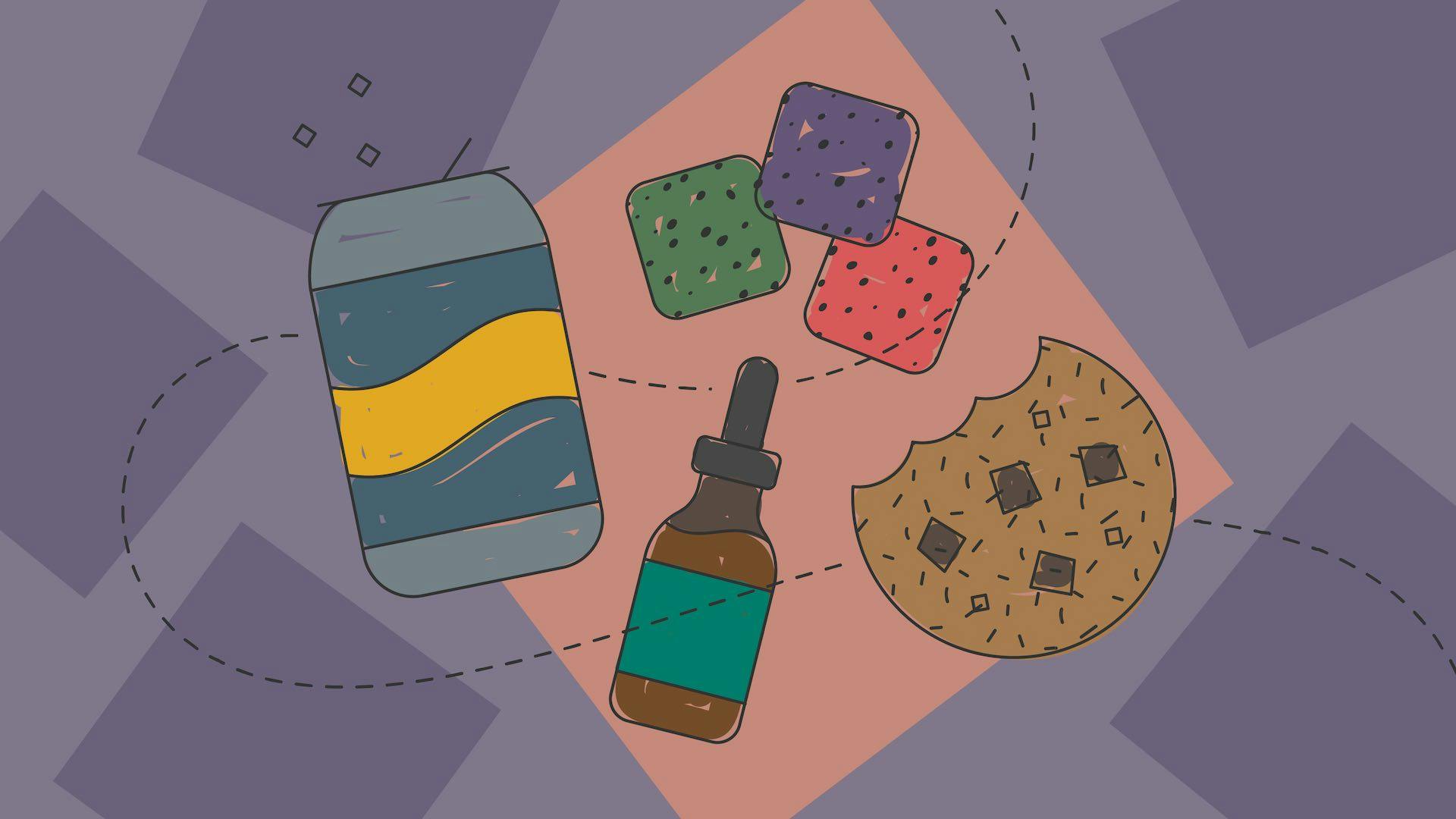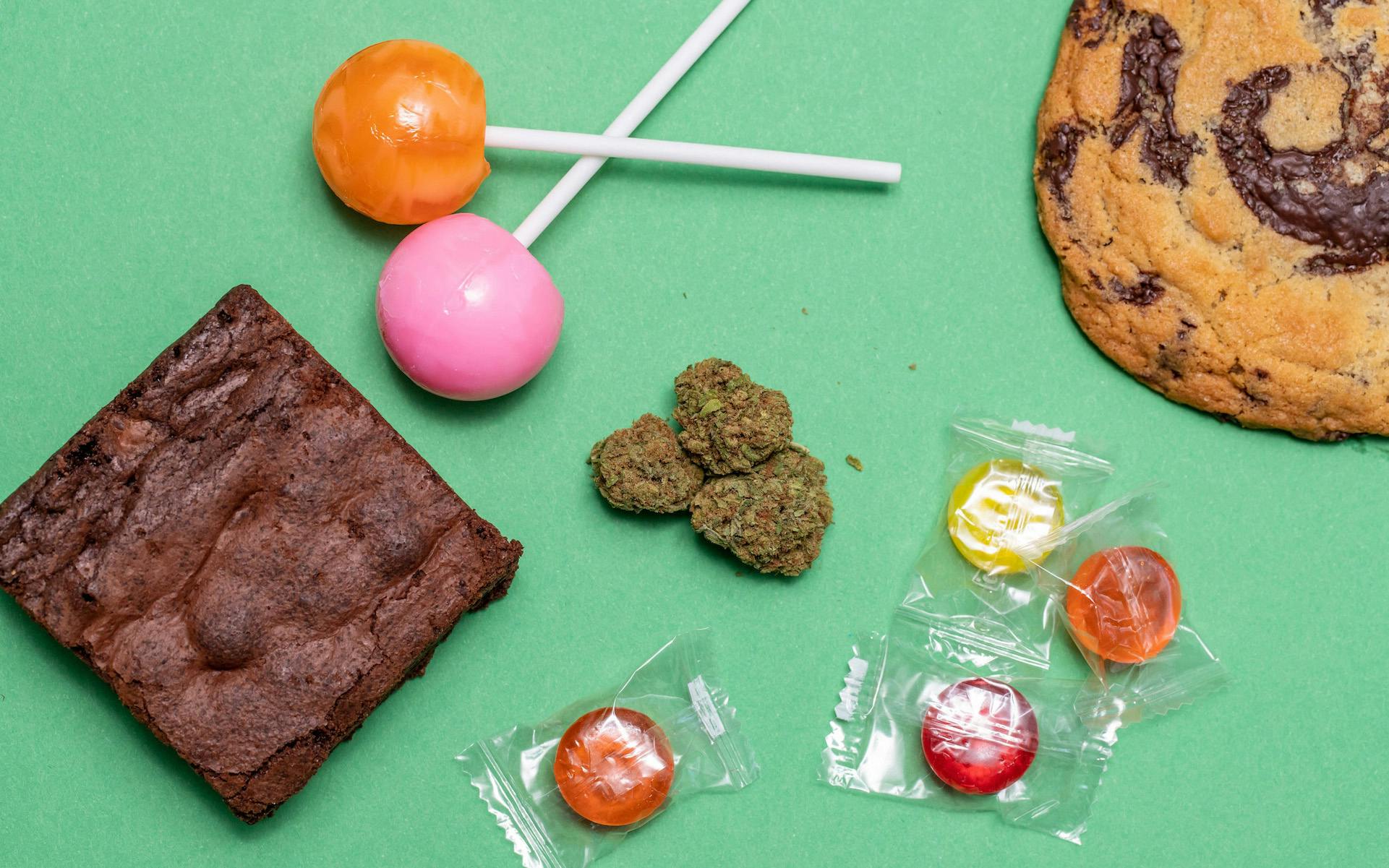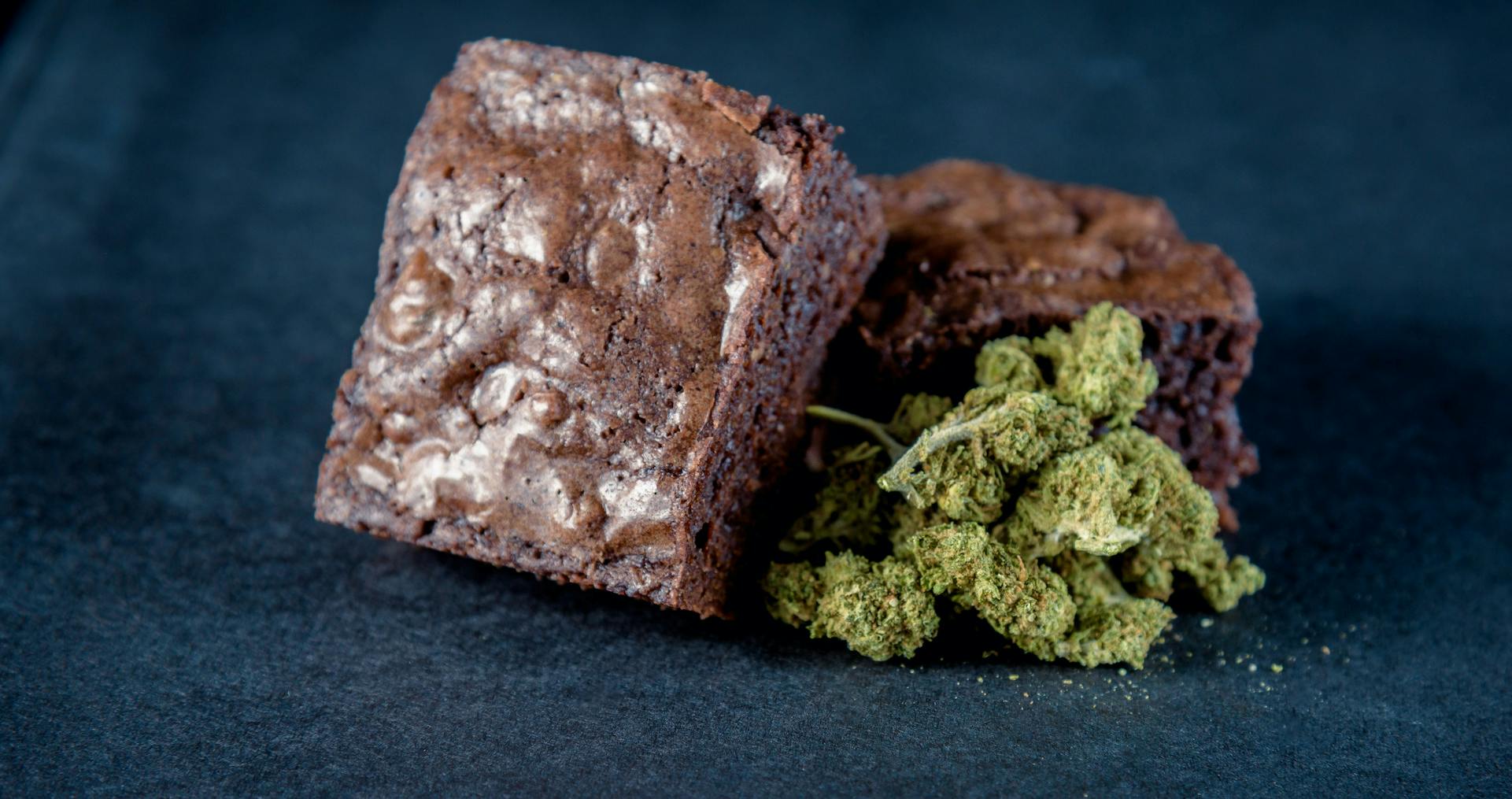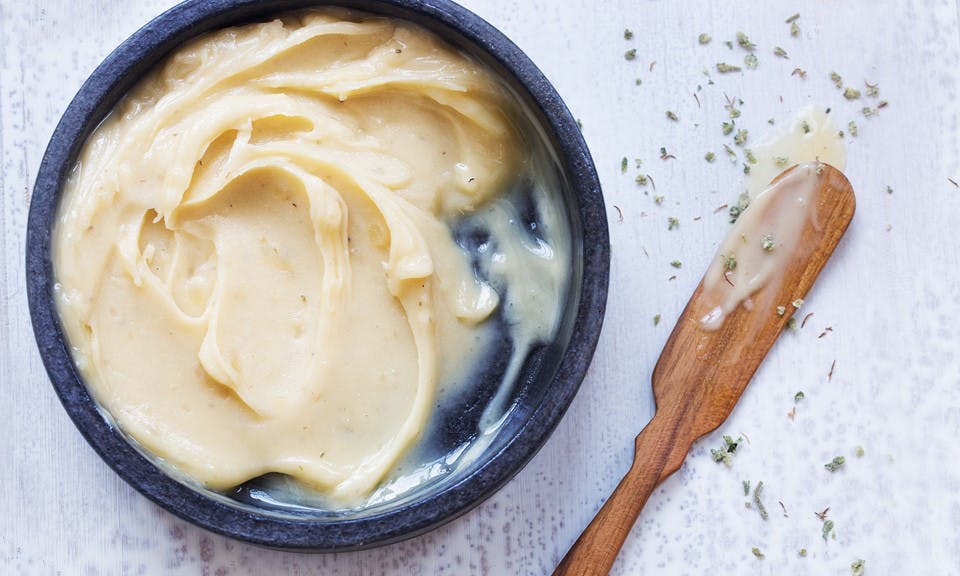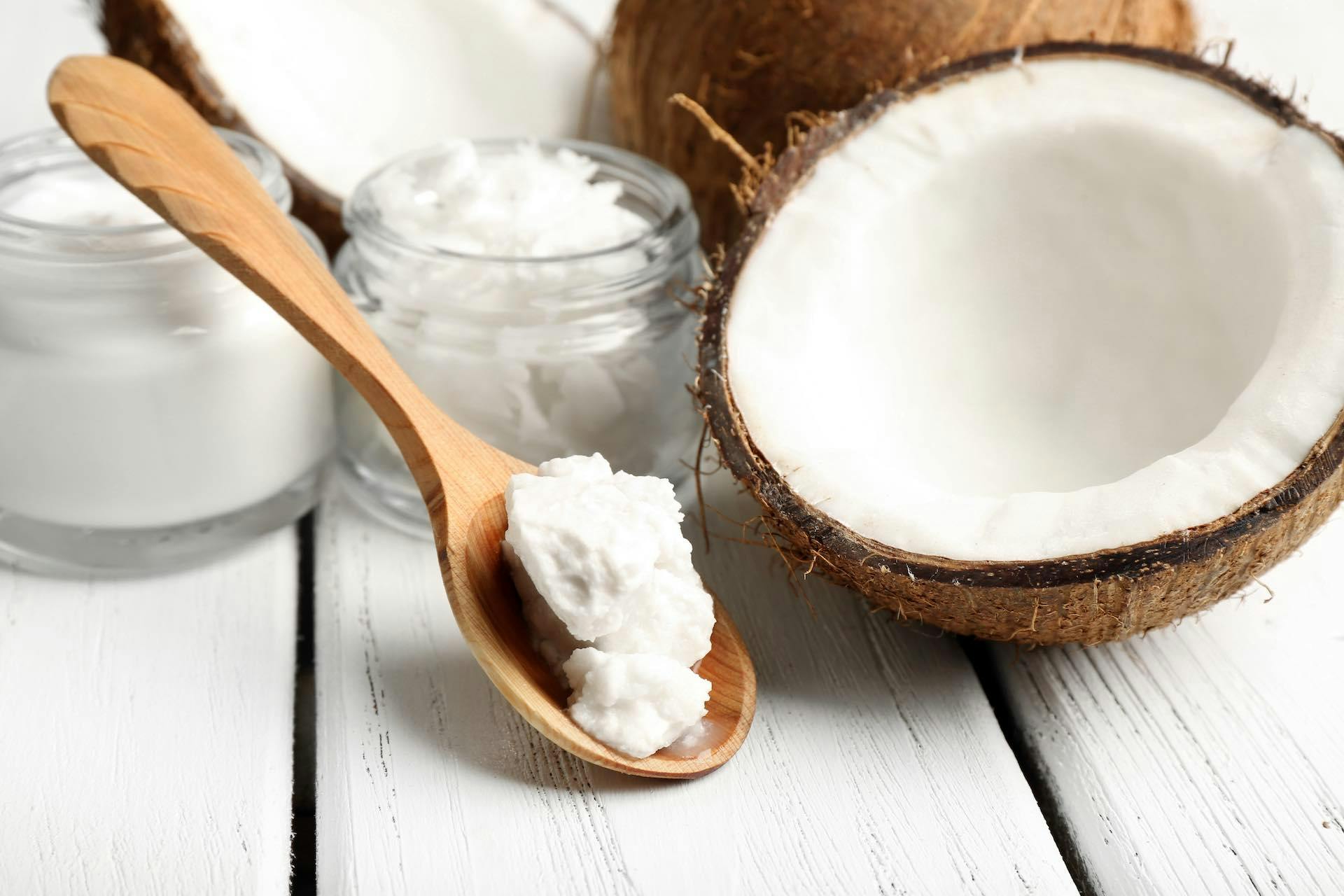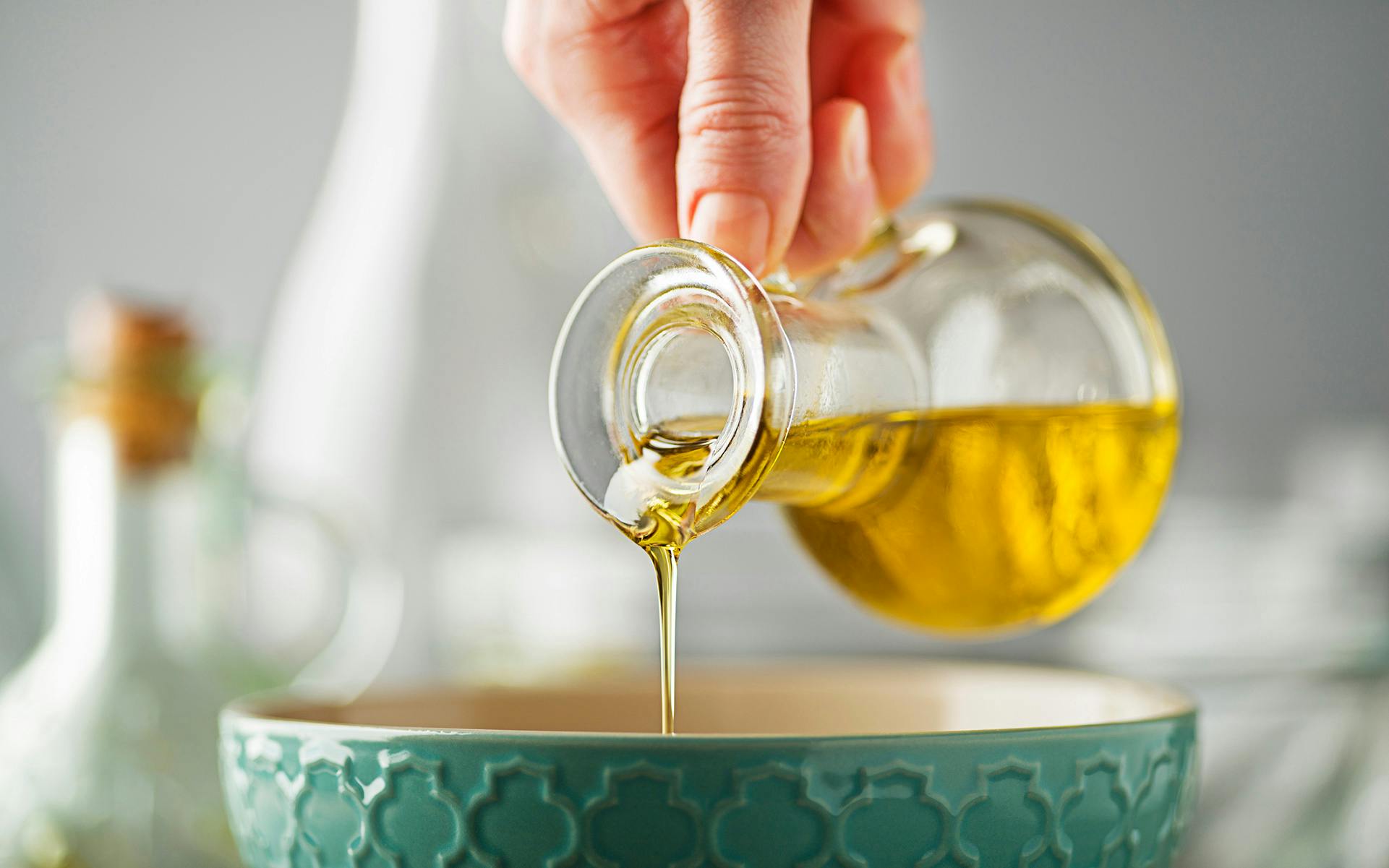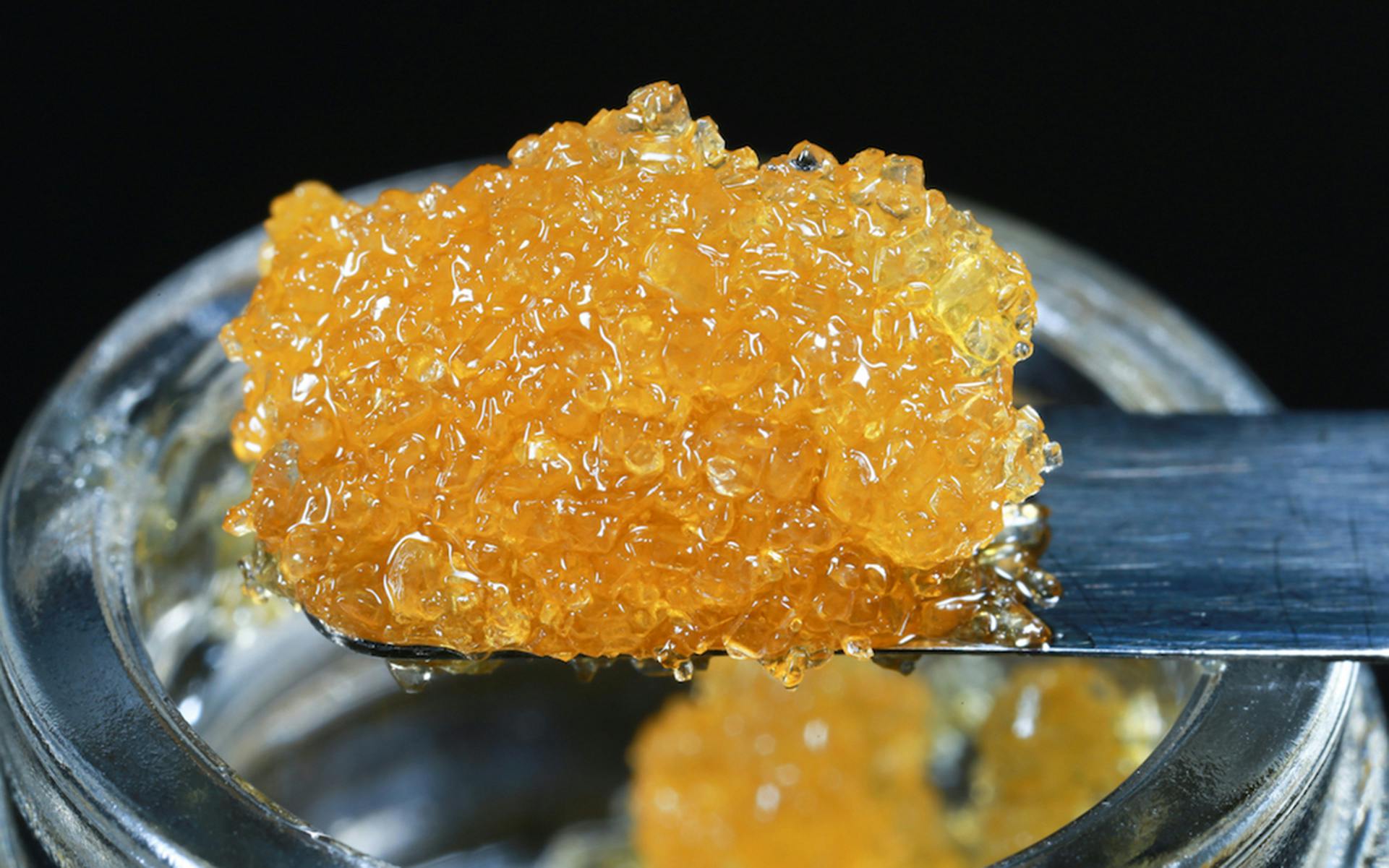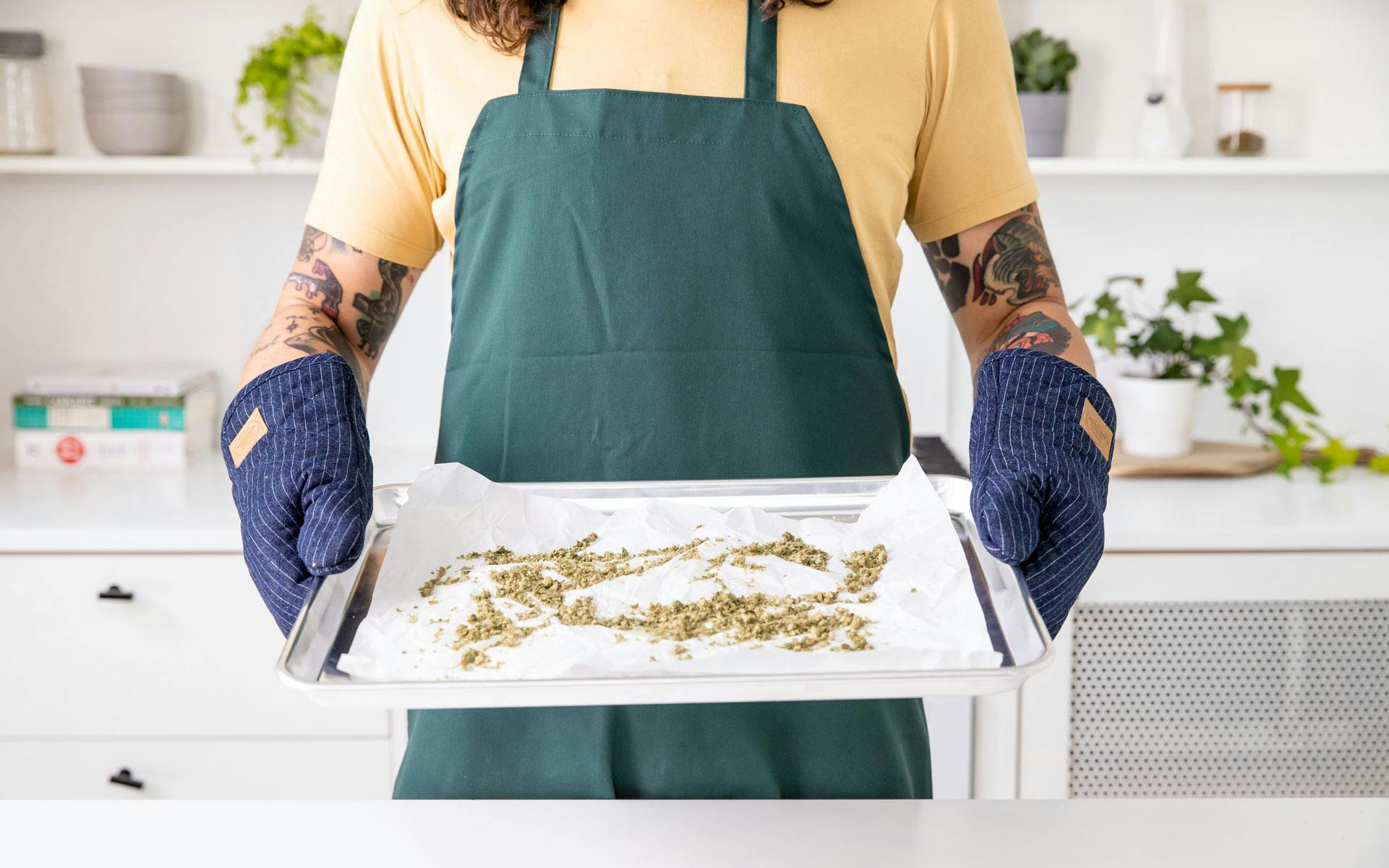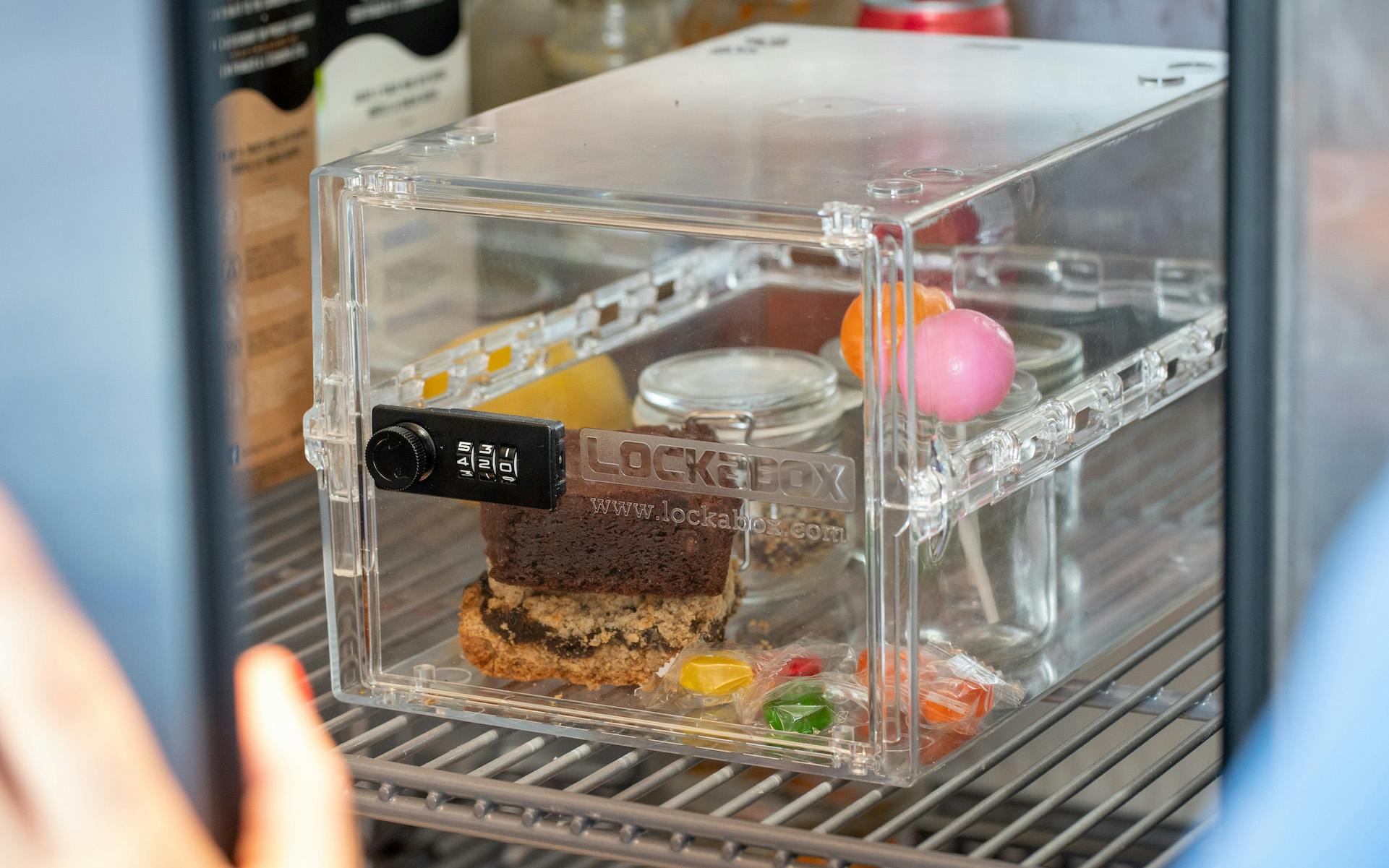
What are cannabis edibles?
Edibles are any food or drink that contain cannabinoids, namely THC, the main intoxicating compound in cannabis that gets you high. They can also contain CBD, a cannabis compound that does not get you high but offers medical benefits, as well as more niche cannabinoids like CBN, CBG, and THCV, all of which contain unique medicinal and recreational benefits.
Cannabis is lipid soluble and does not bind to water, so it’s usually infused into a fat-soluble medium, such as butter or oil (this is called an infusion). Examples of infusions include cannabutter, cannabis coconut oil, cannabis cooking oil, and more.
A cannabis infusion can then be used to make food, such as baked goods like brownies, cookies, salad dressings, soup broths, and more. Weed can also be infused with alcohol and made into a tincture, as well as one of the most popular commercial edibles, gummies.
Edibles have a reputation as one of the most potent forms of cannabis; this is because when we consume them, our digestive systems and livers metabolize the THC into a more potent form, called, 11-hydroxy-THC, which also lasts significantly longer than a smoke sesh, vape hit, or dab. So, be careful when consuming them—we’ve all known someone who has eaten too many edibles and had an unpleasant evening.
We always recommend new consumers and seasoned stoners alike “start low and go slow” when consuming edibles—take a little at first to determine potency, and wait until effects kick in before taking more.
Check out more on edibles, their benefits, dosing, and more, in our guide to cannabis edibles.
How do edibles work?
Edibles are consumed orally and processed in the stomach and liver, whereas smoked or vaped cannabis enters the lungs to be absorbed directly into the bloodstream. This means the effects of edibles take much longer to kick in, as they need to be digested and metabolized first. Because of this, they are usually more potent and last longer than smoked or vaped weed.
Shop highly rated dispensaries near you
Showing you dispensaries nearTHC is fat-soluble—it needs to bind to a fat for your body to process it and for you to feel the effects of the plant. People usually infuse butter or oil with cannabis because of their high-fat contents, and then use that infusion to make edibles.
Before infusing, cannabis must be decarboxylated to activate the compounds in it and for your body to absorb them. This commonly occurs with heat—when you smoke weed, this happens with the flame of a lighter, and when making an infusion for edibles, this usually happens in an oven at a low temperature before infusing it into the oil.
How long do edible highs last?
Don’t expect that brownie to start taking effect as soon as you swallow it. Because of digestion, the effects of edibles tend to peak 1-2 hours after consumption and dissipate over 2-3 hours, whereas the effects of smoked cannabis tend to peak within 10 minutes and rapidly dissipate over the following 30-60 minutes. These are estimates; individual metabolisms, as well as external factors like eating on an empty stomach, age, and preexisting conditions, may impact these times.
Edibles may feel strong, but compared to inhaled cannabis, they actually deliver a smaller concentration of cannabinoids to the bloodstream. Ingesting edibles introduces only 10-20% of their THC and other cannabinoids to blood plasma, whereas inhaled cannabis falls closer to 50-60%.
Additionally, smoking high amounts of potent cannabis does not impact one’s tolerance to edibles; a low-dose edible can still knock out even the most experienced of canna-lovers.
Cannabis edibles vs. flower: are edibles right for you?
Edibles are a great choice for both medical patients and recreational users who are looking to get away from smoking and/or vaping cannabis, and who may need a more intense experience for a longer period of time.
Edibles do not require any direct interaction with the cannabis plant, and thus do not expose consumers to smoke, vapor, or any other carcinogens caused by the heating of the plant material.
Edibles last longer than any other form of administering cannabis. This best serves consumers who deal with chronic issues such as pain, inflammation, and nausea.
Due to their intensity and longevity, edibles are popular with consumers who deal with insomnia, as they tend to help them stay asleep for longer periods of time.
Different types of cannabis edibles
Edibles come in many forms:
- Gummies and chews
- Brownies, cookies, and other baked goods
- Chocolates and caramels
- Ice cream
- Mints and breath strips
- Lozenges and lollipops
- Sodas and other drinks
- Novelty items like beef jerky, potato chips, and more
Making cannabis edibles is a science-based art form that has allowed us to infuse our favorite snacks and treats with our favorite plant. The options seem overwhelming, but your local budtender is there to guide you through the vast menus.
If you have dietary needs, such as animal product allergies, you may want to avoid gelatin-based gummies, baked goods, and some chocolates. If you want a quicker onset time, a cannabis beverage or a lozenge will begin working faster than a cookie or some beef jerky. Some companies use cannabis-infused butter, others use a distillate oil, and some use hash to infuse their goodies. We encourage consumers to ask questions, read labels, and research the brands they are considering purchasing from.
Types of edibles at dispensaries
Edibles bought in a legal, licensed store will be accurately dosed and the dosage clearly labeled. While dosages vary from product to product, states with adult-use cannabis cap edibles at 100mg THC total, with individual pieces capped at 10mg THC each (though other cannabinoids that are nonintoxicating, such as CBD are not limited). Some states’ medical marijuana programs now provide higher-dose edibles for valid patients.
Measured dosing will allow you to have a consistent cannabis experience again and again, as opposed to consuming cannabis via other methods, such as smoking, vaping, or dabbing.
Dispensaries will likely have a vast array of edible products, including multiple kinds of gummies, baked goods, chocolates, drinks, and mints, that serve a variety of experiences as well as dietary needs. Even tinctures can be considered an edible, though it doesn’t involve food ingredients. Availability comes down to location and the dispensary’s curation.
What is the most common type of edible?
By and large, weed gummies are the king of edibles. They’re versatile, easy to dose, approachable, and simple for producers to make. Other popular options are chocolate bars and baked goods. As emulsion and infusion technologies have improved, cannabis beverages have also grown in popularity and range.
Do edibles taste like weed?
Nowadays, cannabis edible producers have found ways to minimize, if not completely eliminate, the taste of weed in edibles. The cannabis taste is most present in baked goods, due to the use of cannabis-infused butter, but even then it is subtle. Some gummies may also have that telltale skunky taste; chocolate’s intense flavor is one of the best at masking a weedy taste.
Benefits of edibles
Many people like edibles because you don’t have to smoke anything to get high, saving the lungs from carcinogens and not smelling up your space with smoke.
Edibles are also prized because of their discretion—you don’t have to go outside to take a smoke, or have a bong, pipe, dab rig, or other devices on hand. Just pop one in your mouth and go about your day.
Edibles can provide long-lasting relief to chronic symptoms like pain, often making them a preferred choice for medical patients. Consumers also take them to relieve anxiety and for general relaxation.
Edibles for pain
Let’s face it—being in pain sucks. Around 20% of American adults deal with some degree of chronic pain, with few venues for relief. While people have used cannabis for pain for centuries, if not millennia, recent research has begun to confirm that cannabis products can indeed relieve chronic pain.
An edible that contains both THC and CBD seems to work best for alleviating symptoms, as it engages more receptors in our endocannabinoid systems.
Edibles for anxiety
Anxiety is one of the most prevalent mental health disorders in the US, with around 19% of adults experiencing anxiety a year, even without a global pandemic, economic instability, and geopolitical conflicts. The right formulation in your edibles can bring you immense relief. We recommend staying away from high-THC and sativa-based products; low-dose edibles with lots of CBD are a great way to incrementally address anxiety without overstimulation.
Edibles for sleep
Sleep-focused edibles are on the rise, as companies experiment with formulas that blend different cannabinoid ratios and with sleep aids, like melatonin. Edibles that incorporate indica-dominant cannabis seem to work best for sleep. CBN has become a popular addition in sleep-focused edibles due to its sedating effects.
Bailey Rahn, Pat Goggins, and Amelia Williams contributed to this article.
Read more of Leafly’s guide to cannabis edibles
By providing us with your email address, you agree to Leafly's Terms of Service and Privacy Policy.
